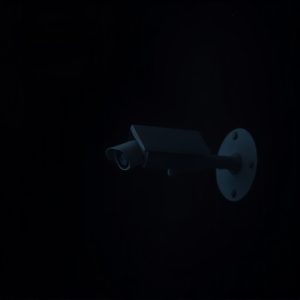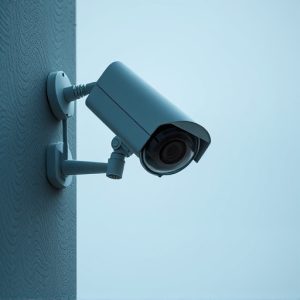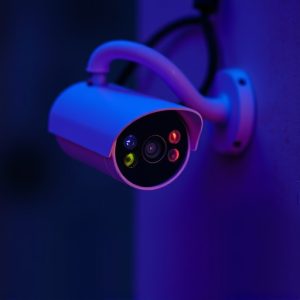Hidden Security Cameras: Unveiling Benefits and Drawbacks
Hidden security cameras, integrated seamlessly into environments as everyday items, offer advanced s…….
Hidden security cameras, integrated seamlessly into environments as everyday items, offer advanced surveillance for homes and businesses while raising ethical and privacy concerns. Their discreet nature, featuring HD resolution and motion detection, enhances security, yet their placement in common areas without consent poses legal and ethical dilemmas. Balancing safety and privacy is crucial when considering these systems.
Hidden security cameras offer a level of surveillance that’s both discreet and powerful. This article delves into the world of concealed cameras, exploring their various types and how they function under the radar. Weighing the pros and cons, we guide you through the ethical and practical considerations of installing these devices. Discover the benefits for home or business security while understanding potential drawbacks. By the end, you’ll have a clear view of whether a hidden security camera is the right choice for your needs.
Understanding Hidden Security Cameras: The Basics and Types
Hidden security cameras, also known as covert or surveillance cameras, are designed to capture footage discreetly, often blending into their surroundings. These devices have become increasingly popular for both residential and commercial security purposes due to their ability to provide unobtrusive monitoring. Understanding the basics and different types is crucial when considering implementing such a system.
There are various types of hidden security cameras available, each with unique features and applications. Some resemble everyday objects like smoke detectors or heat sensors, making them nearly invisible. Others may be embedded in common household items like plants or clocks. Advanced models offer wireless connectivity, motion detection, night vision, and high-definition video quality. Whether it’s for home protection, business surveillance, or workplace safety, hidden cameras provide a powerful tool for enhancing security by capturing evidence discreetly and deterring potential threats.
Pros and Cons of Installing Hidden Security Cameras: Weighing the Options
The installation of hidden security cameras offers both advantages and drawbacks, creating a complex decision for homeowners and businesses alike. On one hand, these discreet devices provide an extra layer of protection by capturing unannounced footage of unsuspecting individuals or potential intruders. They can be strategically placed to monitor high-risk areas, deterring criminal activity and offering peace of mind. Additionally, hidden cameras have become increasingly advanced, featuring HD resolution, night vision capabilities, and motion detection, ensuring clear and reliable evidence in the event of any security breaches.
However, there are also significant concerns surrounding their use. Privacy advocates argue that hidden cameras infringe upon personal privacy rights, as they can record individuals without their knowledge or consent. This raises ethical questions, especially when placed in common areas like living rooms or bathrooms. Moreover, illegal installation or misuse of these devices could lead to severe legal repercussions. The potential for abuse and the invasion of privacy make it crucial to weigh these factors carefully before deciding on the implementation of hidden security camera systems.


